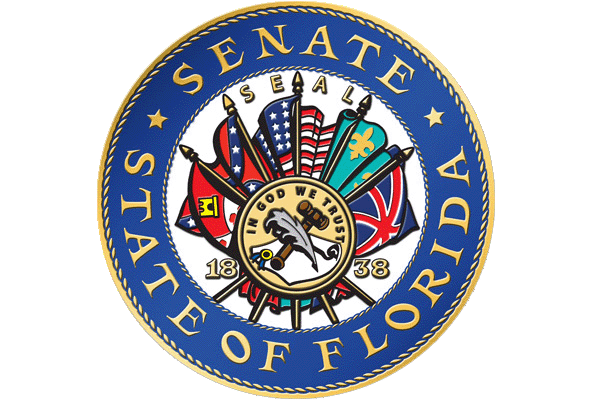eyeforpharma Philadelphia 2014
Make customer centricity work: smart pharma mindsets, models and technology that will seal commercial success
Florida Joins Growing Number of States Passing Biosimilar Substitution Bills
Last week, the state of Florida passed legislation allowing for the substitution of biologics with biosimilars alternatives, joining a growing list of states in America to do so.

The legislation in Florida sets out the requirements for pharmacists to substitute biologics when they are determined to be biosimilar and interchangeable with the brand name product. It also outlines the requirements for the state board of pharmacy to maintain a current list of interchangeable products.
Through this bill, biotech companies Amgen and Genentech sought to limit future access to biosimilars once they reach the market. However, they were unsuccessful and the law is due to take effect from 1 July 2013.
A number of states, including Virginia, Indiana and Utah have passed legislation to allow physicians to side-step pharmacists who would otherwise substitute a biosimilar drug, while requiring the pharmacist to notify the physician and patient when substitution had taken place. Some of the bills, such as that in Virginia, included a sunset provision where it would expire after five years.
Of the eleven states that have considered the measures to restrict biosimilar access, North Dakota is the only state that has passed a bill to restrict the substitution. Legislation currently is under consideration in California, Illinois, Massachusetts, Oregon, Pennsylvania and Texas.
The US Patient Protection and Affordable Care Act of 2010 included an amendment creating an abbreviated regulatory approval pathway for biosimilars, but the US Food and Drug Administration still has to create regulations for them before it can approve biosimilars under such a pathway.
From the generic drug industry’s perspective this case was an effort to limited access to biosimilars, which are generally believed to be much cheaper than brand named drugs, particularly the block buster pharmaceuticals. The concern from many biotechnology companies is that biosimilars may in fact be slightly different from the brand named drugs, and as such there are health and safety risks for the patient from substituting them.
The US trade group for the generic drug industry, the Generic Pharmaceutical Association (GPhA), applauded the passing of Florida’s bill, noting that the approved legislation facilitates future patient access to interchangeably biosimilars. According to the GPhA generic pharmaceuticals fill 80 per cent of the prescriptions dispensed in the US but consume just 27 per cent of the total drug spending.
"Florida spent more than $104 million on biologic medicines in 2011 alone for its state Medicaid program, a number that only will grow," said GPhA president and CEO Ralph Neas. "Once the FDA approves full guidance on biosimilar approval and interchangeability, we are confident that states like Florida will benefit enormously from these lower-cost, life-saving medicines.
eyeforpharma Philadelphia 2014
Make customer centricity work: smart pharma mindsets, models and technology that will seal commercial success
